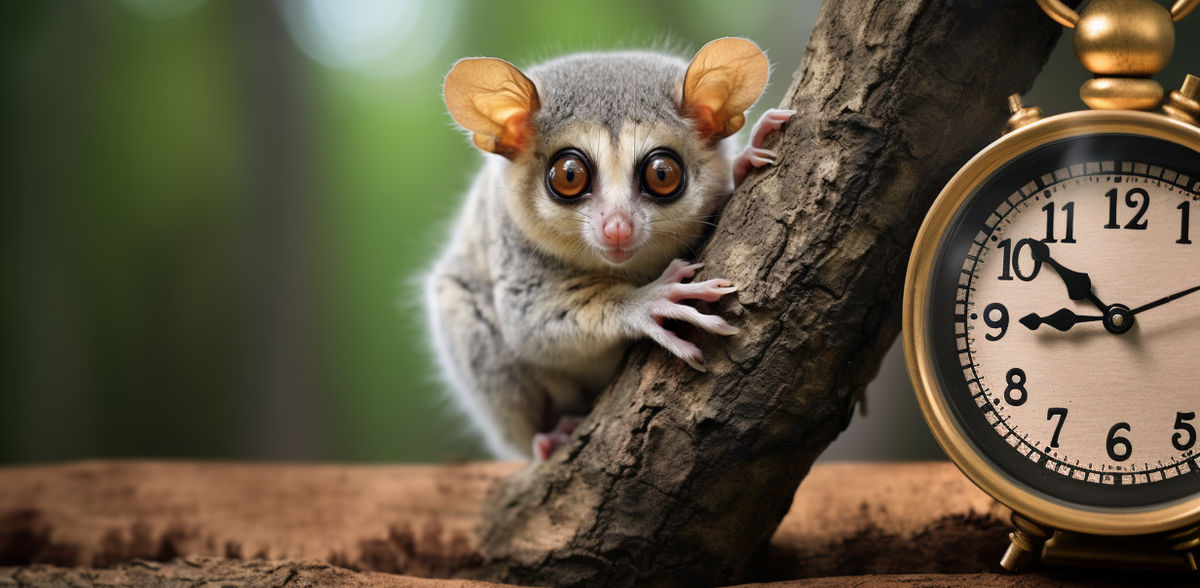Those who are smarter live longer
Either being particularly smart or particularly explorative – both strategies can lead to longer life
Advertisement
Being smart pays off, as it allows for more balanced decision-making. However, the origins of these abilities during evolution remain largely unexplored. Only if smarter individuals enjoy better survival and have higher reproductive rates than their conspecifics, improved cognitive abilities can evolve. Researchers from the German Primate Center (DPZ) – Leibniz Institute for Primate Research have recently examined the link between cognitive abilities and survival in gray mouse lemurs. The findings revealed that the animals that performed best in the cognition tests lived for longer. These results suggest that alternative strategies can contribute to an extended lifespan (Science Advances).
Cognitive abilities not only vary among different species but also among individuals within the same species. It is expected that smarter individuals live longer, as they are likely to make better decisions, regarding habitat and food selection, predator avoidance, and infant care. To investigate the factors influencing life expectancy of wild gray mouse lemurs, researchers from the German Primate Center conducted a long-term study in Madagascar. They administered four different cognitive tests and two personality tests to 198 animals, while also measuring their weight and tracking their survival over several years. The cognition tests assessed problem-solving (reaching food by manipulating a slider), spatial memory (remembering the location of hidden food), inhibitory control (taking a detour to access food), and causal understanding (retrieving food by pulling a string). The first personality test evaluated exploratory behavior, while the second measured curiosity through the animals’ reactions to unfamiliar objects.
Either being particularly smart or particularly explorative – both strategies can lead to longer life
In the study, individuals that performed better in the cognitive tests exhibited less exploratory behavior compared to poorer performing conspecifics. Conversely, more explorative individuals had higher weights, likely due to their ability to find food more easily. The study also found that animals with better cognitive performance, higher weight, and stronger exploratory behavior tended to have longer lifespans. “These results suggest that being either smart or exhibiting good physical condition and exploratory behavior are likely to be different strategies that can lead to a longer lifespan,” said Claudia Fichtel, first author of the study and a scientist at the German Primate Center. “In future studies, we aim to investigate how cognitive abilities translate into behavioral strategies to find food or mating partner.”




























































